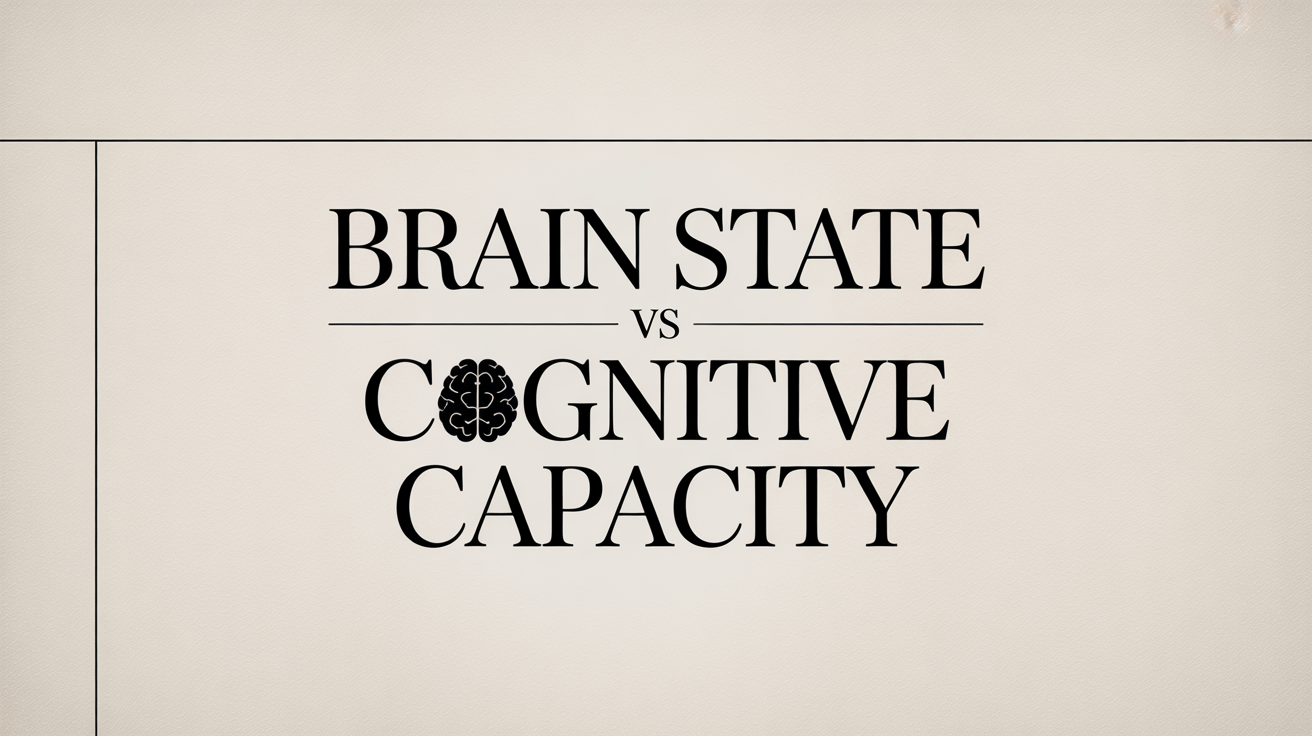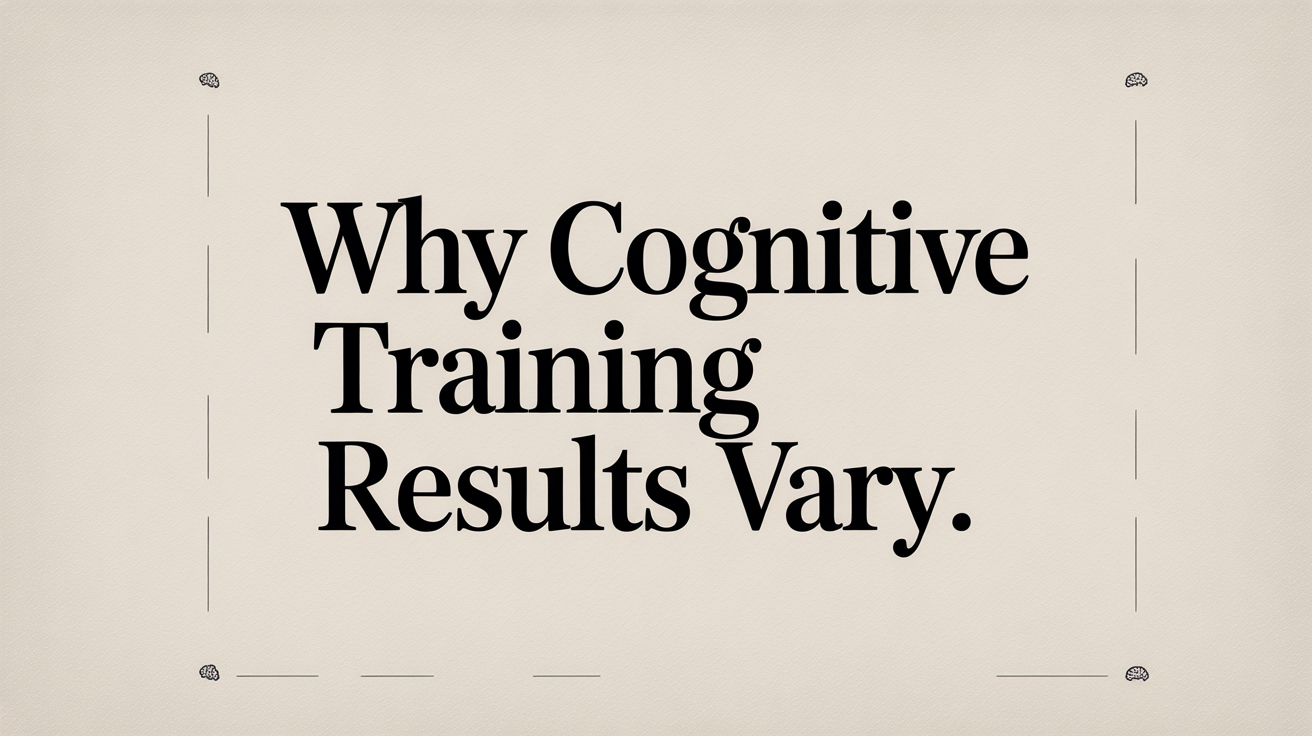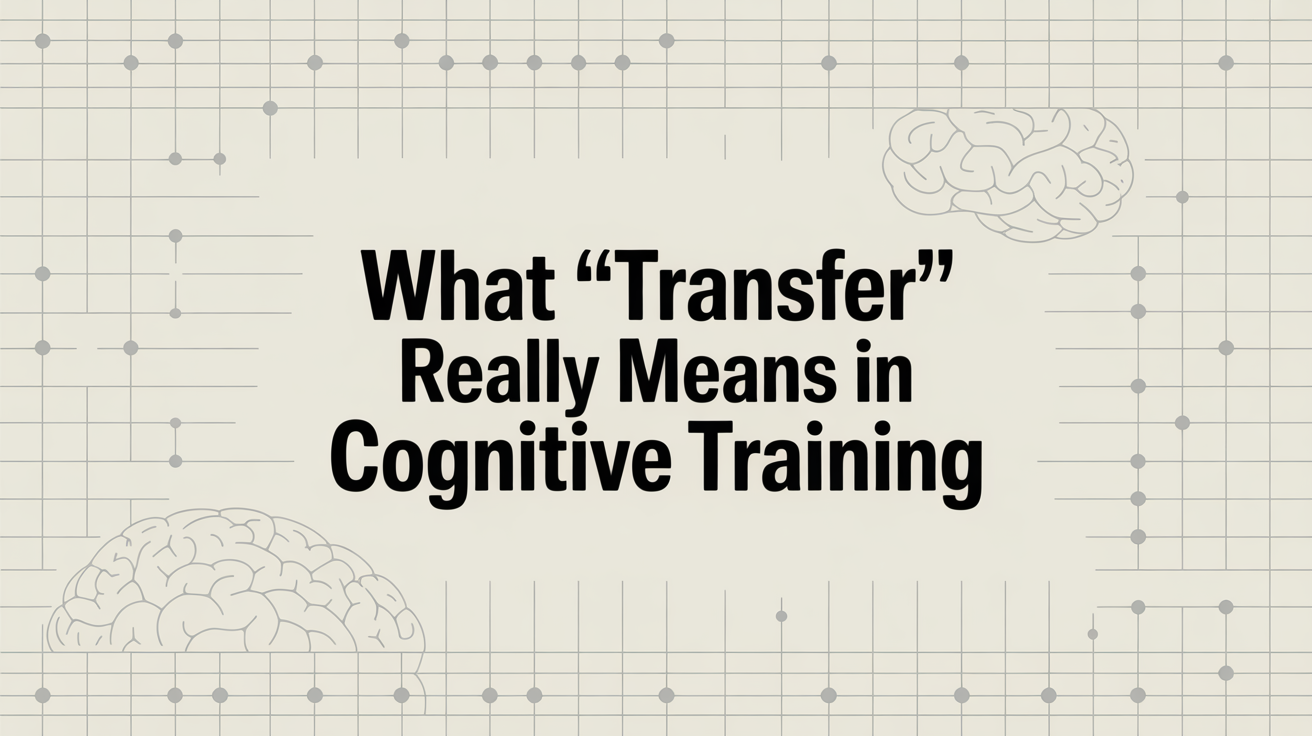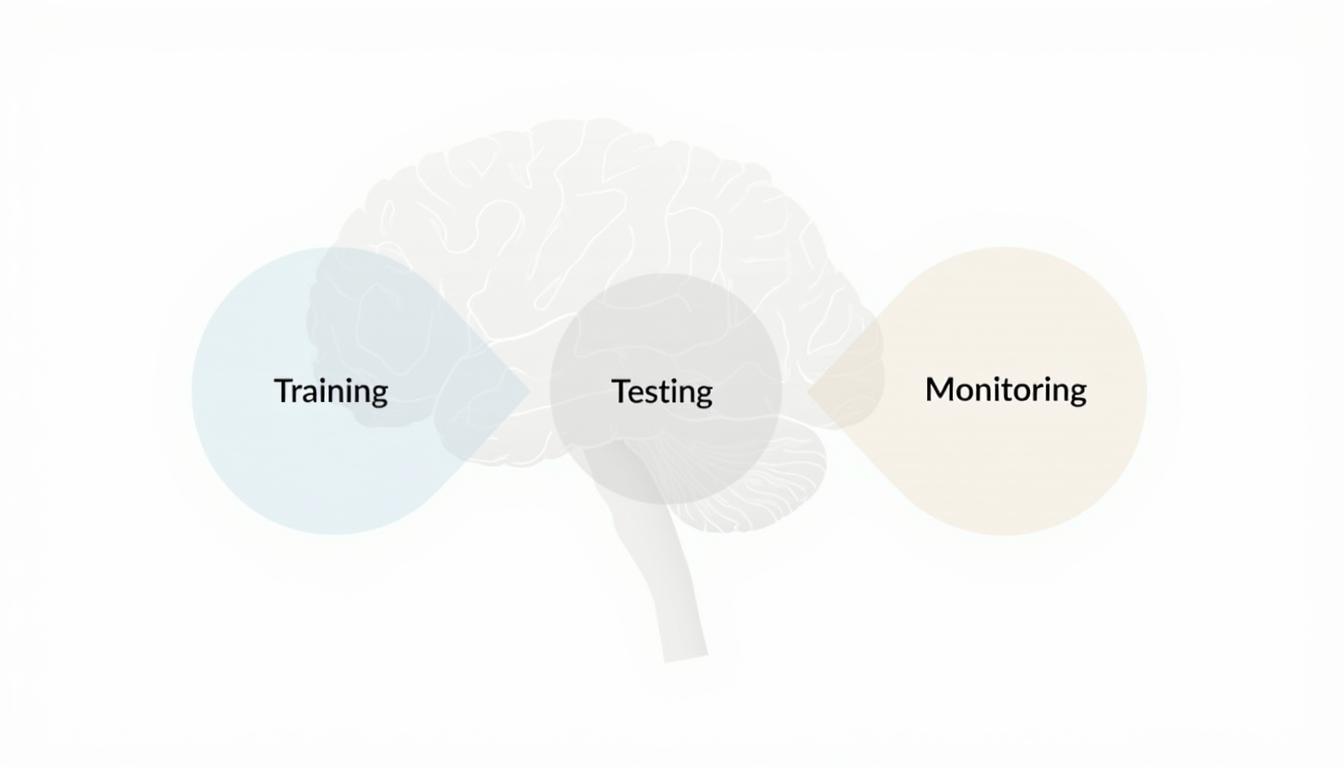Welcome to the Research and Strategy Services at in today's fast-paced.


In the landscape of human health, the brain is often the most overlooked aspect for maintaining wellbeing. Often referred to as the most complex organ in the body, keeping your grey matter in optimal health is paramount for sustaining a high quality of life. Here we will highlight five of the most significant threats to brain health that we can manage on a daily basis.

A sedentary lifestyle may not seem directly connected to brain health, but the scientific evidence is clear: physical activity is one of the most potent tools we have to protect our brains. Regular exercise increases blood flow to the brain, which nourishes brain cells with essential nutrients and oxygen.
Furthermore, exercise promotes the release of neurotrophic factors, which aid in the growth and maintenance of brain cells. It also enhances mood, reduces stress, and improves sleep quality, all of which are crucial for brain health.

What you eat significantly impacts your brain's health. A diet rich in processed foods, sugary drinks, and excessive saturated fats can contribute to inflammation and oxidative stress, damaging brain cells. Ultraprocessed foods commonplace in our diets, from french fries and donuts to waffles and burgers, have also been found to accelerate long term cognitive decline in aging.
Conversely, a balanced diet comprising fruits, vegetables, whole grains, lean proteins, and healthy fats provides the brain with the nutrients it needs to function optimally. Omega-3 fatty acids, found in fish and walnuts, are particularly helpful for brain health, as they support cognitive function and reduce the risk of cognitive decline.

Stress is an inevitable part of life, but chronic stress can wreak havoc on the brain, triggering an emergency state of functioning based around short-term survival. Prolonged exposure to stress hormones, such as cortisol, can impair memory, hinder the formation of new brain cells, and even shrink the hippocampus, a brain region crucial for memory and learning. In cases of severe and prolonged stress from traumatic experiences, growth throughout the body actually grinds to a halt.
Managing stress through mindfulness practices, relaxation techniques, vacation time, social support, or just 'taking time out' are all helpful antidotes for breaking the toll on on-going stress and preserving brain health.

Sleep is when the brain regenerates and consolidates memories. Chronic sleep deprivation not only impairs cognitive function and mood but also increases the risk of neurodegenerative diseases such as Alzheimer's and Parkinson's. Sleep also triggers the flow of cerebral spinal fluid - a liquid that is pumped around the brain which helps remove waste and detoxify the organ between your ears - like a nightly rinse cycle.
Establishing a consistent sleep schedule and creating a sleep-friendly environment are simple steps for encouraging sleep habits that help the brain get the regular restorative effects it needs.

The brain thrives on stimulation and novelty. Failing to engage in mentally stimulating activities can accelerate cognitive decline. This is because neuroplasticity is a two-way street, where 'use it or lose it' is very much the case when it comes to your neural networks.
Activities such as socializing with others, reading, solving puzzles, learning a new language, or playing musical instruments can enhance cognitive reserve, delaying the onset of age-related cognitive decline and reducing the risk of neurodegenerative diseases.

As guardians of our own minds, it is up to us to prioritize brain health in our daily lives. By avoiding a sedentary lifestyle, maintaining a balanced diet, managing stress, prioritizing sleep, and engaging in mental stimulation, we can protect our brains from common threats to overall wellbeing.
More importantly, such threats are compounded synergistically - if these factors are neglected in combination over time, the risks to brain health are far more significant. This means that any positive habits to help nurture our brains goes a long way to reducing the strain on our billions of neurons trying to keep us sharp throughout our lives.








Welcome to the Research and Strategy Services at in today's fast-paced.

An overview of the important interpretational difference between temporary changes in brain state, and durably lasting changes in cognitive capacities.

An interpretive overview explaining why cognitive training outcomes vary across individuals, how factors such as baseline ability, state, and measurement influence results, and why variability should be expected.

An interpretive overview explaining what “transfer” means in cognitive training, why improvements often remain task-specific, and how transfer should be understood as conditional rather than assumed.
.png)